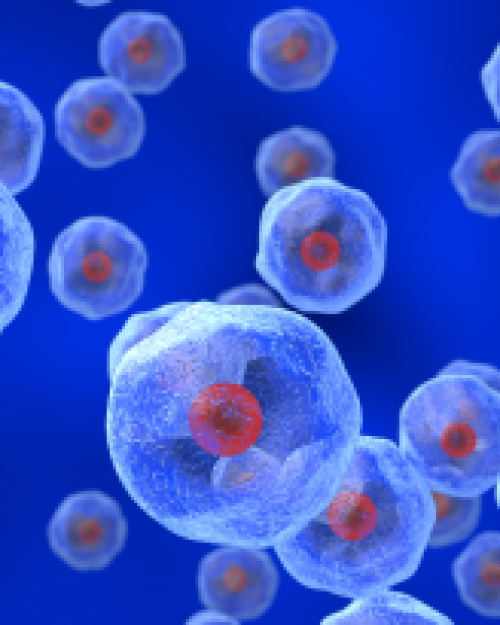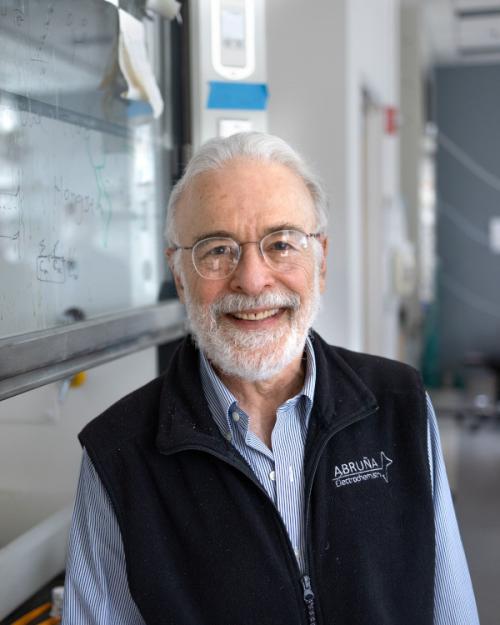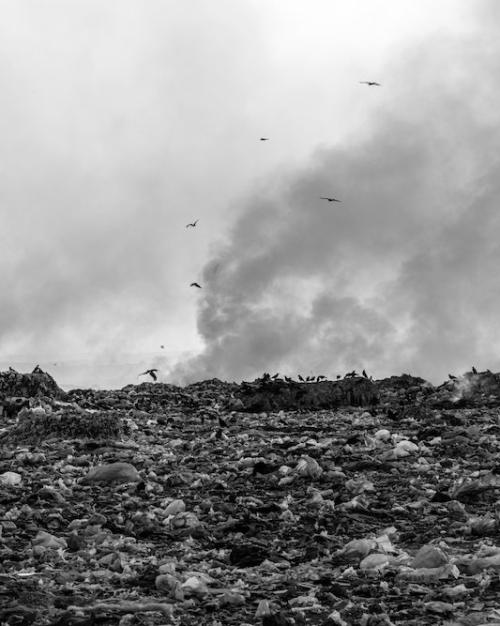Phillip Milner, assistant professor of chemistry and chemical biology in the College of Arts and Sciences, is on a project team that won a grant for their research related to methane capture.
Research Corporation for Science Advancement (RCSA), the Alfred P. Sloan Foundation and ClimateWorks Foundation made awards to seven cross-disciplinary teams of early career scientists in the third year of the Scialog: Negative Emissions Science initiative.
The initiative aims to catalyze advances in basic science that will enable technologies for removal of C02 and other greenhouse gases to become more efficient, affordable and scalable. Individual awards of $50,000 each will go to 19 researchers from institutions in the U.S. and Canada.
Working with two other researchers, Milner will tackle a project on “Electro-swing Modulation of Lipophilic Environments for Direct Air Capture of Methane,” funded by RCSA.
“Methane is the second-most abundant greenhouse gas after carbon dioxide. However, methods for mitigating its emission from point sources such as landfills and removing it from air are essentially non-existent,” Milner said. “Our project aims to use renewable electricity to achieve low-cost capture of methane from various streams. We will use electricity to switch on and off the methane-affinity of materials.”
Milner’s project teammates are Yuanyue Liu, mechanical engineering at the University of Texas at Austin, and Marcel Schreier, chemical and biological engineering, University of Wisconsin–Madison.
RCSA created the Scialog (“science + dialog”) format in 2010 to stimulate interdisciplinary conversation and community building around a scientific theme of global importance. Meetings on the theme Negative Emissions Science began in 2020.
“Global acceptance of climate change and strong efforts to reduce greenhouse gas emissions may not be enough to prevent further warming of the planet,” said RCSA president and CEO Daniel Linzer. “We’re going to need fundamental new science that leads to much more efficient technologies to remove C02 from Earth’s atmosphere and oceans to help bring things back into balance.”
Created in 2010 by RCSA, the Scialog format supports research by stimulating intensive interdisciplinary conversation and community building around a scientific theme of global importance. Negative Emissions Science held its first meeting in 2020.
The 2022 meeting, held in Tucson, Arizona in November, engaged participants in a series of conversations to discuss challenges and gaps in current knowledge, build deeper ties and promote the sharing of knowledge and expertise, and form teams to write proposals for high-risk, high-reward projects based on the innovative ideas that emerged at the conference.
A fourth meeting of the Negative Emissions Science initiative is scheduled for November 15-18, 2023.




